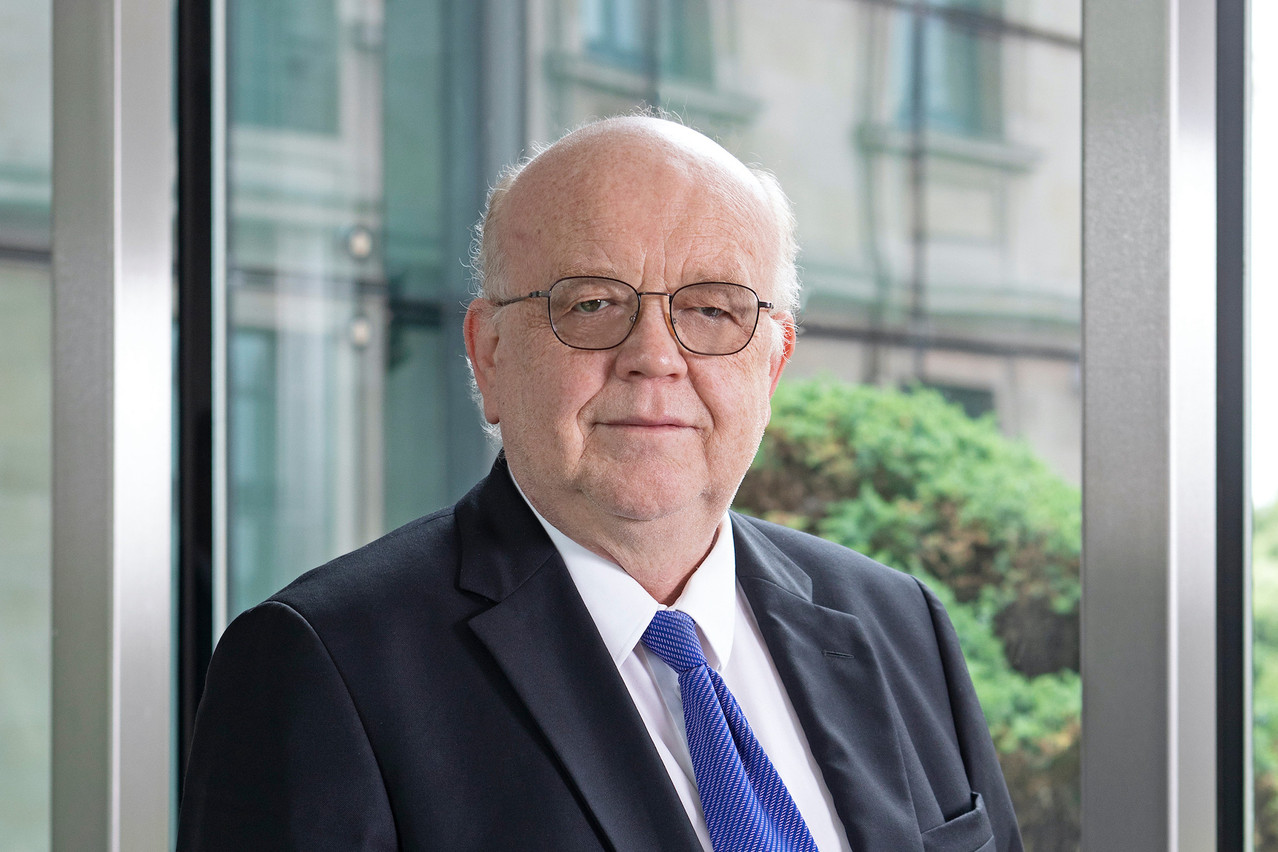When discussing the euro’s achievements and possible benefits, prefers to take a counterfactual approach--a method derived from historical science that consists of imagining alternative developments--and asks what would have happened if the euro had not existed.
And to avoid getting carried away, he puts forward a few obvious points of reference to keep us on familiar ground.
“If we had not had the euro and the monetary policy that goes with it, Luxembourg and its financial centre would not have been able to get through the 2008 crisis as they did,” he insists. And for him, this “defensive” virtue of the European currency has again been verified by the current health crisis.
A vaccinal euro
“The covid crisis quickly evolved into an economic crisis without degenerating into a financial crisis as might have been feared.” And he gives credit to the action of the European Central Bank, “whose interventions were decisive”, while recognising that the budgetary policies of the euro zone member countries were also equal to the peril.
“If we still had a national currency, Luxembourg would have been much more affected than it was because of its structure as an open, export-oriented economy.”
And if the long-term consequences of these accommodating policies--and in particular the low level of interest rates--should not be neglected, Reinesch believes that the decisions made had to be taken in order to avoid “the death of the patient”, i.e., the economic collapse of Europe.
These defensive virtues have been observed at various times. In particular, when the surge in energy prices has been cushioned several times in recent years by the strength of the euro against the dollar, the reference currency in the oil and gas markets.
An asset for the development of the market and the economy
Of course, the euro does not only have shielding qualities. For Reinesch, it is also thanks to the euro and the development of a single financial market that the financial centre has been able to develop and diversify so quickly in recent years. “I don’t think that with a national currency, things would have been as fast and as efficient. And, as a result, the Luxembourg economy would not have been able to grow as it has over the last twenty years.”
On a more global level, the central bank governor believes that the euro has become “a currency of international standing” alongside the dollar. And the renminbi to a certain extent. That is a plus for Europe and therefore for Luxembourg. Of course, the life of the euro has not always been smooth and there have been “ups and downs”. Reinesch reckons that “the most difficult moment” was certainly the crisis of 2012, known as the “sovereign debt” crisis, which put the European currency and the solidarity of the countries of the bloc to the test.
For the next 20 years, Reinesch sees the euro entering ‘adulthood’. Perhaps with the rite of passage of the renegotiation of the Stability and Growth Pact on the agenda.
Originally published in French by and translated for Delano
